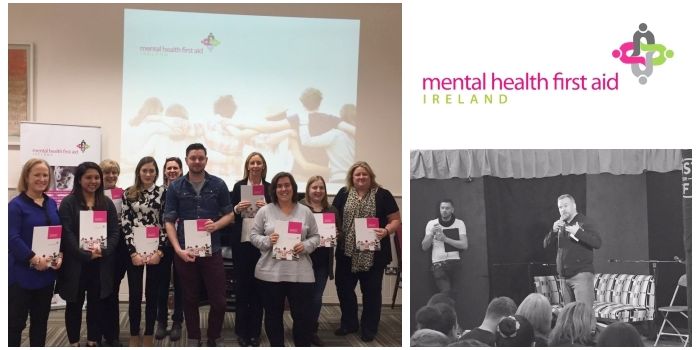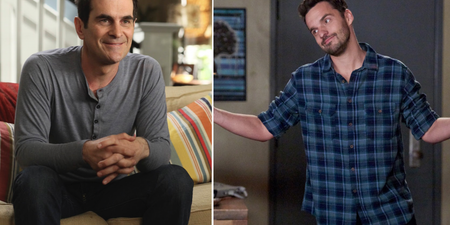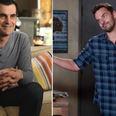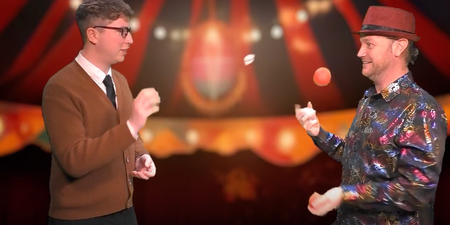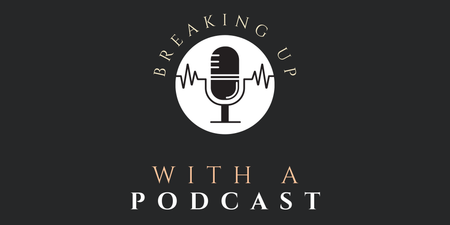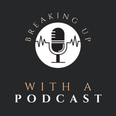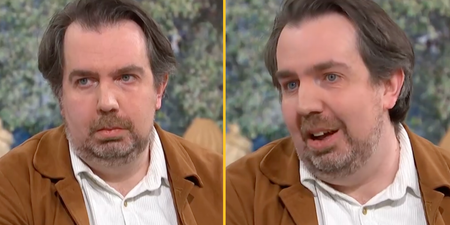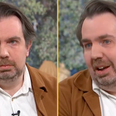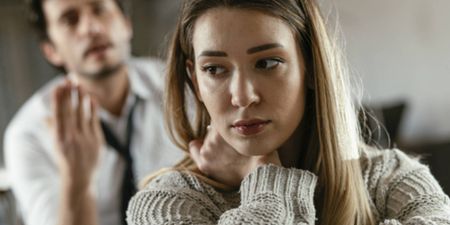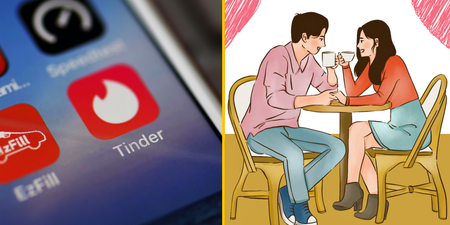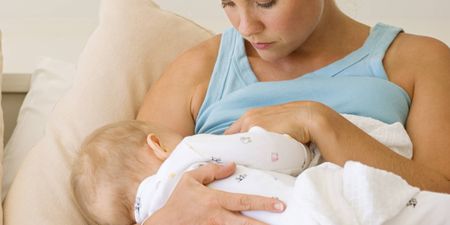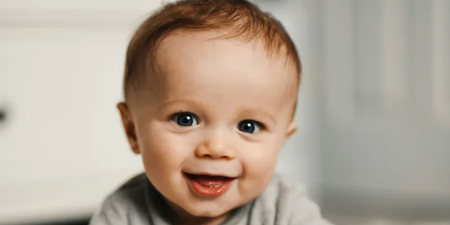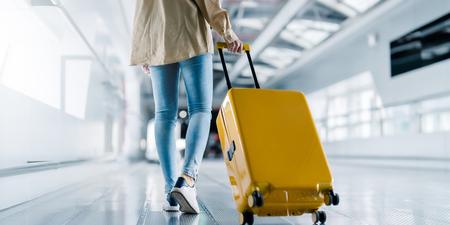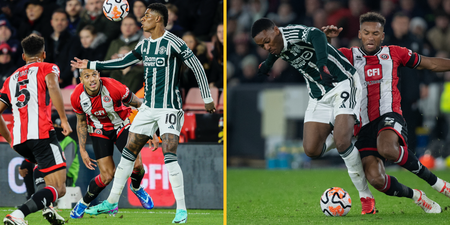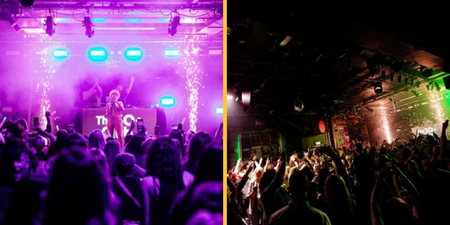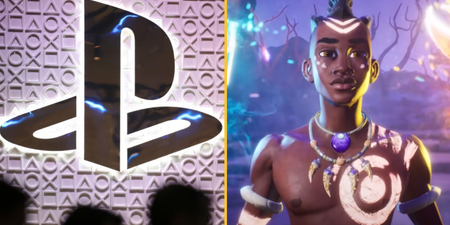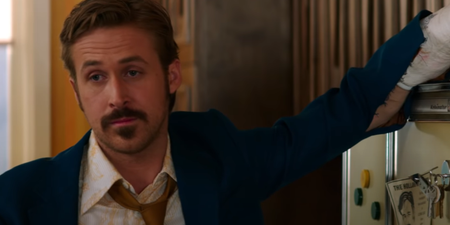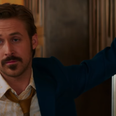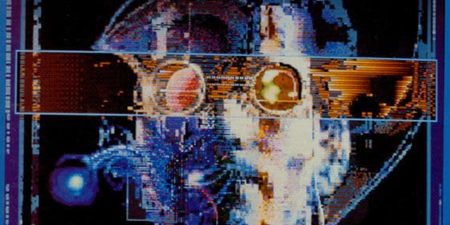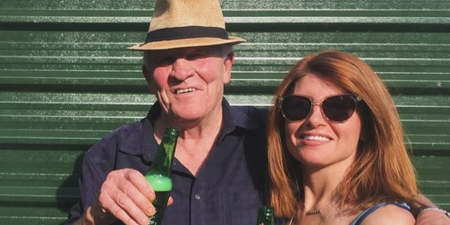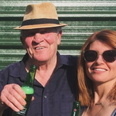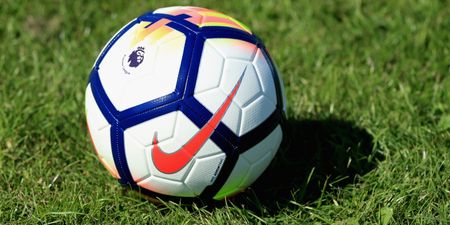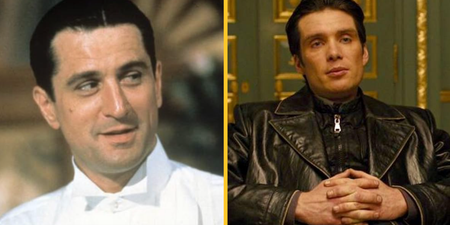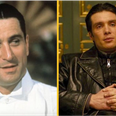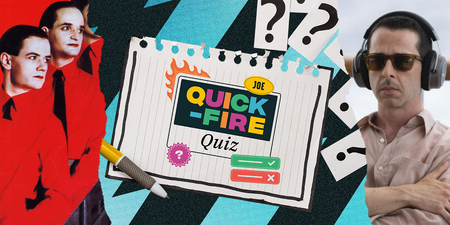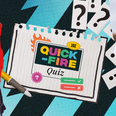World Mental Health Day on 10 October is themed “psychological and mental health first aid for all”.
Mental Health First Aid training is available for the first time ever so we caught up with Mental Health First Aid Ireland project manager, Donal Scanlan, to find out more about what it involves.
Donal is also a panellist on #TimeToTalk event on 10 October, where we’ve teamed up with LYONS Tea and Pieta House for an evening of discussion on mental health topics with a selection of leading medical and mental health professionals.
JOE: Mental Health First Aid is going to be a new concept for many people – how do you describe it?
Donal: Yes, it’s a new concept to Ireland but it’s been around for over ten years internationally. There’s well over a million people trained in it worldwide.
It works off the same principles as normal First Aid. It looks to recognise when people are in difficulty or in crisis. It’s about how to be able support the person through that experience. It’s not about being able to diagnose or about being a counsellor or therapist in any way. It’s not about telling people what to do and I must emphasise that.
On the course we teach people how to encourage someone in difficulty or crisis to get appropriate professional help, or encourage them to get other supports. It’s not always about the GP. Some of it could be something more simple.
This is the concept of recovery – engaging someone in their own mental health and them being part of their own treatment.
JOE: Mental health is such a broad topic, so what do you cover on the course?
Donal: For teaching purposes, not for diagnosis, we break the training into four parts over two days.
There’s an introduction to mental health and a focus on the issue of stigma which is a problem in Ireland particularly. It’s one of the main things that stops people seeking help.
Then we move onto discussing depression and anxiety.
Then psychosis, and finally substance misuse.
We only separate it this way to give it structure but we understand that diagnoses aren’t neat.
JOE: What is the ALGEE action plan that a lot of people who have attended the course speak about?
Donal: The ALGEE action plan is at the core of MHFA; it’s threaded through the whole course. It explains the concept of how to approach, assess and assist if someone is in crisis. And even if they’re not in crisis it’s about listening non-judgementally, giving support and information, empathetically listening and encouraging other supports.
It’s about recognising the signs and being a good listener. MHFA goes a long way to give people confidence to have those conversations, to be able to reach out and give someone some support… if it’s appropriate.
It teaches people to ask the right questions of themselves as well – “am I the right person to approach the person?”, “is there someone more appropriate?”
https://www.instagram.com/p/BCyEVGJPFUl/?taken-by=paddymckenna
JOE: According to research from the RCSI in 2013 one in five people aged 19-24 in Ireland have experienced a mental health difficulty – what kind of people are attending the course?
Donal: MHFA is for everyone. It’s about the cross-section of the community, so that communities can support each other.
We’re all going to end up supporting someone in our lives through a mental health difficulty. We’re all going to need that support ourselves. We all have mental health. It may not be a diagnosed problem, it may not be something we ever take medication for.
It makes you think about your own mental health and that in itself gives people pause.
MHFA would be really appropriate for anyone who might want to support someone through a mental health difficulty.
Certainly it’s very suited to youth workers, teachers. I’d love to see people like the guards and emergency services be supported with MHFA.
Internationally, there’s a huge push to support police forces within. For instance in Rhode Island in the US, the Warwick Police Department has been teaching it in their academy since 2008 and they have more than 11,000 officers trained up. In the US alone, they’ve just gone over 600,000 people trained in MHFA.
In New York City they’ve partnered with the National Council For Behavioural Help where they plan to invest $850million and train 250,000 people beginning with first responders – police and fire officers.
They want to make it as ubiquitous as regular First Aid. That’s something we’d love to drive towards in Ireland.
JOE: A number of your instructors are people who have themselves personal experience of mental health difficulties.
Donal: Mental Health First Aid was created by people with lived life experience. We know that particularly in challenging mental health stigma, the best way to combat it is by offering lived life experience.
It’s not a pre-requisite for our instructors to share their own story but if it’s part of their delivery it creates an experience that stays with the audience. Instructors tend to be careful with what they say. A little bit of that experience can go a long way.
From my own point of view as an instructor, because I’ve learnt how powerful lived life experience is, I do try and bring a portion of my own mental health into the presentation.
JOE: Is MHFA something that’s available to business for staff training purposes?
Donal: We have a whole component around workplace mental health. It’s available to businesses because that’s where we spend so much of our lives.
In order to improve organisational well-being and stigma in the workplace we know that mental health is a key part of that. Reducing stigma can have an effect on the bottom line, absenteeism and presenteeism (where you’re present but not working), because employees feel supported, they don’t have to hide from their difficulties.
In Ireland companies like Allianz, DeLoitte, All Care Pharmacies are taking on Mental Health First Aid as part of their staff training.
We’ve just brought on stream a workplace pledge for businesses. It’s a statement of intent. They sign up and agree to challenge stigma and train staff in Mental Health First Aid.
One extra idea is corporations might look to train up their own staff and then also pay for a few extra places for needy members of the public.
It’s an opportunity to show the public they are committed to challenging stigma around mental health in the workplace.
JOE: How do members of the public apply for the course and how much is it?
Donal: You can go to the website and book your place. It’s a two-day training course for €300.
We’d love to make it available to everyone and anyone, if the HSE were willing to support a fund to train instructors.
It can be rolled out in schools, in community groups, wherever people gather. People would apply to the HSE and we’d deliver it for them.
JOE: So how big do you think MHFA can be in Ireland?
Donal: We’re officially launching on 29 September. This year, World Mental Health Day on October 10 is themed psychological and mental health first aid for all.
In September of next year the Mental Health First Aid International Summit will be held in Ireland. The founders will be there and that will be a big one for us.
LYONS Tea has been at the centre of conversations in Irish households for generations. Many a problem has been shared over a cup of our tea.
That’s why LYONS is delighted to support Pieta House to raise awareness for the services they provide and to get the nation talking about mental health issues.
Pieta House offers free help and support for people experiencing suicidal ideation, suicidal bereavement or engaging in self-harm.
To get involved in the conversation LYONS Tea with the support of Pieta House will host a #TimeToTalk event in association with JOE.ie and Her.ie on October 10th, for details of the event and to sign up, click here.
LISTEN: You Must Be Jokin’ with Aideen McQueen – Faith healers, Coolock craic and Gigging as Gaeilge
